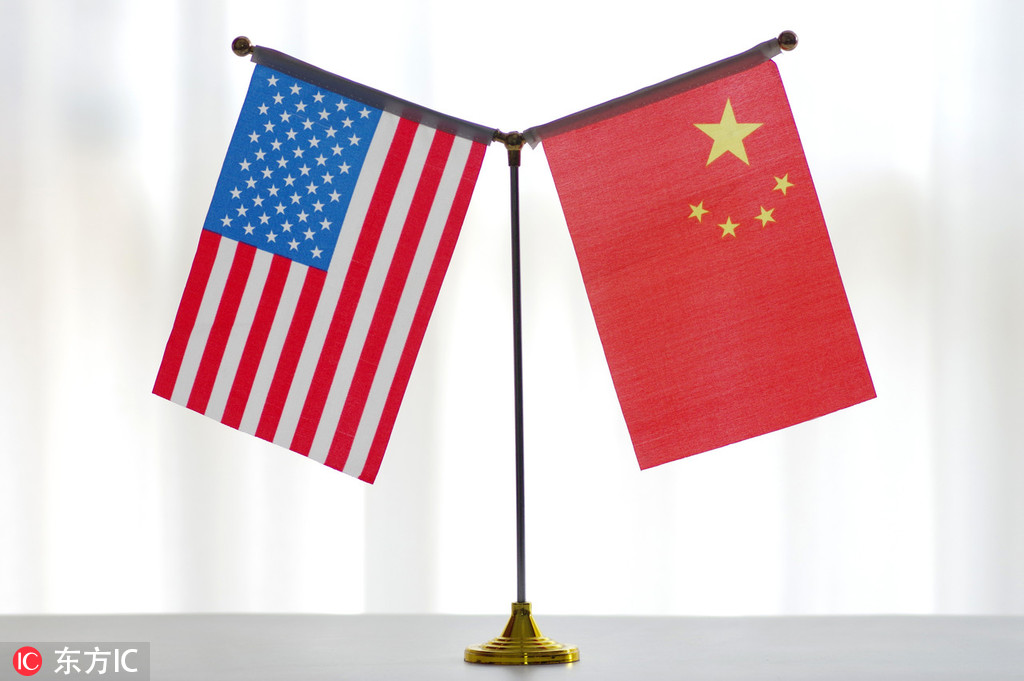US throwing its weight around undermines regional stability: China Daily editorial
China Daily | Updated: 2019-06-02 22:02

There was good news and bad news from the Shangri-La Dialogue in Singapore.
The good was that both the Chinese and United States militaries expressed the resolve to prevent their countries' inflammatory trade tit-for-tat from hijacking their ties.
The bad was they will continue looking at each other with suspicion, which means relations will stay prone to misjudgments.
Both parties have portrayed the meeting between Chinese Defense Minister Wei Fenghe and US acting Secretary of Defense Patrick Shanahan Friday as "constructive", and reiterated their mutual commitment to positive engagement.
However, the most reassuring take-away from the past weekend, the annual Shangri-La Dialogue appeared very much what it has been for years, a venue for articulating prepared messages.
The key message Chinese participants brought to Singapore was: "The United States should not underestimate China's determination, will and capabilities to safeguard its sovereignty and territory."
Their US counterparts sounded like they were on a different frequency. Though he stopped short of calling out Beijing by name, Shanahan bashed "someone in our region" for employing a "toolkit of coercion", which he said includes island-building, deploying advanced weapons systems in disputed areas, engaging in predatory economics and the state-sponsored theft of military and civilian technologies.
These allegations are reminiscent of the escalating war of words over trade, from which Singapore Prime Minister Lee Hsien Loong saw a hardening of attitudes to each other, and observed: "The fundamental problem between the US and China is a mutual lack of strategic trust."
Such mistrust cannot be more obvious than in the US Defense Department's Indo-Pacific Strategy Report, which describes the China-US competition in the region as "defined by geopolitical rivalry between free and repressive world order visions," reinforcing the Cold War-style notion that Beijing is a threat to the current world order.
Since the report is based on misrepresentation of Beijing's strategic purposes, there is no way it can present a cool-headed analysis of the region's state of affairs. The hostility it perceives in Beijing's corresponding moves will only serve to increase the likelihood of a misjudgment.
As the report highlights the belief that "A free and open Indo-Pacific rests on a foundation of mutual respect, responsibility, priorities, and accountability", Washington may want to ask what it is contributing to such a foundation.
Are its words and deeds regarding Taiwan and the South China Sea conducive to it?
The Singaporean prime minister was correct in suggesting that Washington needs to forge a "new understanding" of China.
























